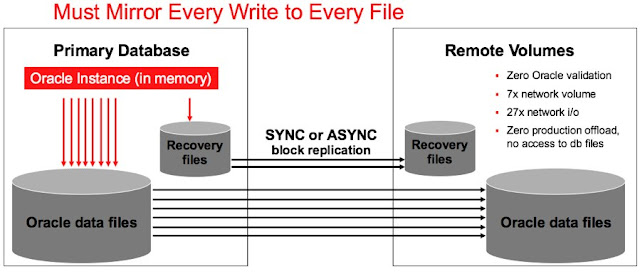Why Should You Decide for Database Oracle Replication
Oracle has been at the forefront of database management systems for decades and organizations have built up an environment from their Oracle database that increases operational efficiencies. The most optimized way for this which is typically preferred is Oracle replication of databases, a technique where data access is ensured from a wide range of sources like servers and sites. Oracle replication allows real-time data access and therefore has high data availability.
In the oracle replication process, data is shared, distributed, and
consolidated so that organizations can keep it in sync across various locations
and share it with partners. This data is present in different branches and wherever there is a need to create multiple copies of the database. These
copies are all synchronized and allow backups in case of disaster recovery,
testing, distributed data processing, and business reporting.
The Benefits
of Oracle Replication
There are several
benefits of Oracle replication.
The first is better server performance as businesses
prefer to channel data read functions to a replica during database replication.
This helps DBAs to minimize processing cycles on the primary server and make it
the key for write operations.
Next, is enhanced application availability with Oracle replication data copied to several servers in
various locations. Hence, access to data is easy even if one of the systems faces
an outage or disruption as secondary servers are automatically triggered.
Finally, Oracle replication ensures improved network performance due to minimum
data access latency and maintenance of multiple copies of the same data. The required
data is available at the same location where it is executed.
It is for these
reasons that businesses prefer Oracle replication.




Comments
Post a Comment